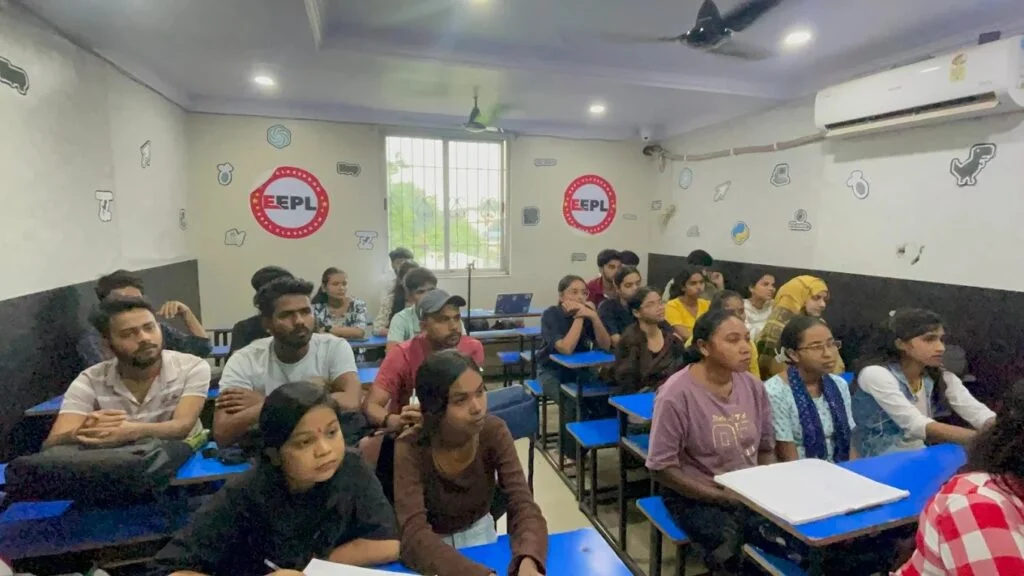Technology has become an inseparable part of modern life, influencing every sector, including education, healthcare, business, and industry. The integration of technology has significantly contributed to skill development, enhancing productivity and efficiency.
Technological Integration in Various Sectors
- Education: Technology has revolutionized the education sector through e-learning platforms, virtual classrooms, and AI-driven personalized learning. Tools like smartboards, digital libraries, and online courses enhance knowledge acquisition and skill development.
- Healthcare: Advanced medical equipment, telemedicine, and artificial intelligence-driven diagnostics have improved patient care and medical research.
- Business and Industry: Automation, artificial intelligence, and data analytics help businesses optimize operations, improve efficiency, and develop new strategies for growth.
- Agriculture: Smart farming technologies, precision agriculture, and IoT-based monitoring systems have enhanced productivity and sustainability in farming practices.
- Communication: The advent of social media, cloud computing, and instant messaging has made communication faster and more effective, bridging gaps across geographies.

Role of Technology in Skill Development
- Digital Literacy: Understanding how to use computers, the internet, and digital tools is a fundamental skill in today’s world.
- Coding and Programming: Learning programming languages like Python, Java, and C++ helps students and professionals develop problem-solving abilities.
- Analytical and Critical Thinking: Big data and AI tools enable individuals to analyze trends, make informed decisions, and improve efficiency.
- Soft Skills Enhancement: Online communication tools, virtual presentations, and collaboration platforms develop teamwork, leadership, and communication skills.
- Entrepreneurial Skills: Digital marketing, e-commerce, and online business platforms help individuals develop business acumen and entrepreneurial capabilities.
Challenges in Technological Integration
- Digital Divide: Unequal access to technology creates a gap between urban and rural areas, affecting learning opportunities and skill development.
- Cybersecurity Concerns: With increasing dependence on technology, data security and privacy have become significant concerns.
- Job Displacement: Automation and AI may lead to job losses, necessitating the need for reskilling and upskilling.
- Technological Dependence: Over-reliance on technology can reduce critical thinking and problem-solving skills in some individuals.
Conclusion
Technological integration plays a crucial role in skill development, preparing individuals for future job markets. While challenges exist, proper policies, investments in education, and continuous learning can bridge the gap and harness the potential of technology for a better future. Embracing technology with the right mindset will lead to a more skilled, innovative, and adaptable workforce.
For More Information and Updates, Connect With Us
- Name: Survi
- Phone Number: +91-7488713635
- Email ID: survi@eepl.me
- Our Platforms:
- Digilearn Cloud
- EEPL Test
- Live Emancipation
- Follow Us on Social Media:
- Instagram – EEPL Classroom
- Facebook – EEPL Classroom
- https://eepl.me/classes/index.php/blog/
Stay connected and keep learning with EEPL Classroom!











